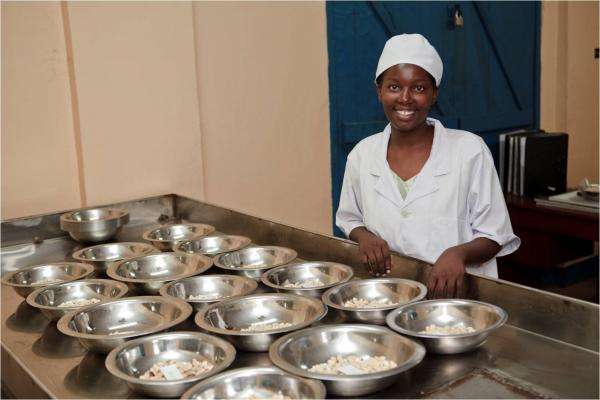Tanzania: Governmental Push to Reclaim Defunct Facilities

In a major boost to Tanzania’s cashew processing capacity, the country’s ruling political party, Chama Cha Mapinduzi (CCM), has promised to reclaim warehouses for the purpose of establishing dozens of new cashew processing facilities. These warehouses, which were originally processing plants owned by the government, were privatized in recent years with the intention of improving efficiency and sharply increasing processing capacity. However, many of these warehouses were converted into storage facilities for raw cashew nuts to be internationally exported, defeating the purpose of their initial creation.
At a public rally held in the Newala District, Mr. Abdulrahman Kinana, CCM’s Secretary General, announced that his party would collaborate with the relevant agricultural and trade ministry heads to devise a plan that maximizes the potential of the under-utilized processing units.
“Why should we export raw cashew nuts to other countries while we could process them here?” he asked the rally’s audience. According to recent research, approximately 90% of Tanzania’s raw cashew nuts are exported to India to be processed. “We must process our cashew nuts in local plants to add value to the produce. This will be of benefit to the farmers.”
The farmers are not the only group which will benefit from this intervention. Mr. Kinana emphasized the social impact that the revival of these plants would catalyze, indicating that “more young people will benefit from employment opportunities [in cashew processing factories], thus improving social development.”
One of the African Cashew Alliance’s key objectives is to expand domestic cashew processing in Africa. Nearly half of the world’s cashew crop is grown on African soil, but only a fraction of these nuts remain in Africa to be processed. In exporting its raw materials, Africa misses a tremendous opportunity for job creation, income generation, and agency. The bulk of the profits created by the global cashew industry are in value-addition: roasted cashew kernels, cashew butter, cashew milk, and other consumer-ready products. Local processing facilities which can employ members of the surrounding communities will therefore give local economies a significant economic boost.
ACA has a strong presence in the Tanzanian cashew sector; in fact, for many years, ACA’s President was a Tanzanian (the late and greatly missed Mr. Idrissa Kilangi, who sadly passed away in 2014) and many of its members hail from the East African nation. One Tanzanian cashew processor, Masasi High Quality Farmers, located in the Masasi district, is currently on its way to becoming ACA Seal-certified and will certainly serve as an example for its new domestic counterparts. Roger Brou, ACA's Managing Director, says that he is "excited to welcome these new processors into the African cashew sector" and that ACA is "prepared to offer its assistance to ensure that they are successful."


